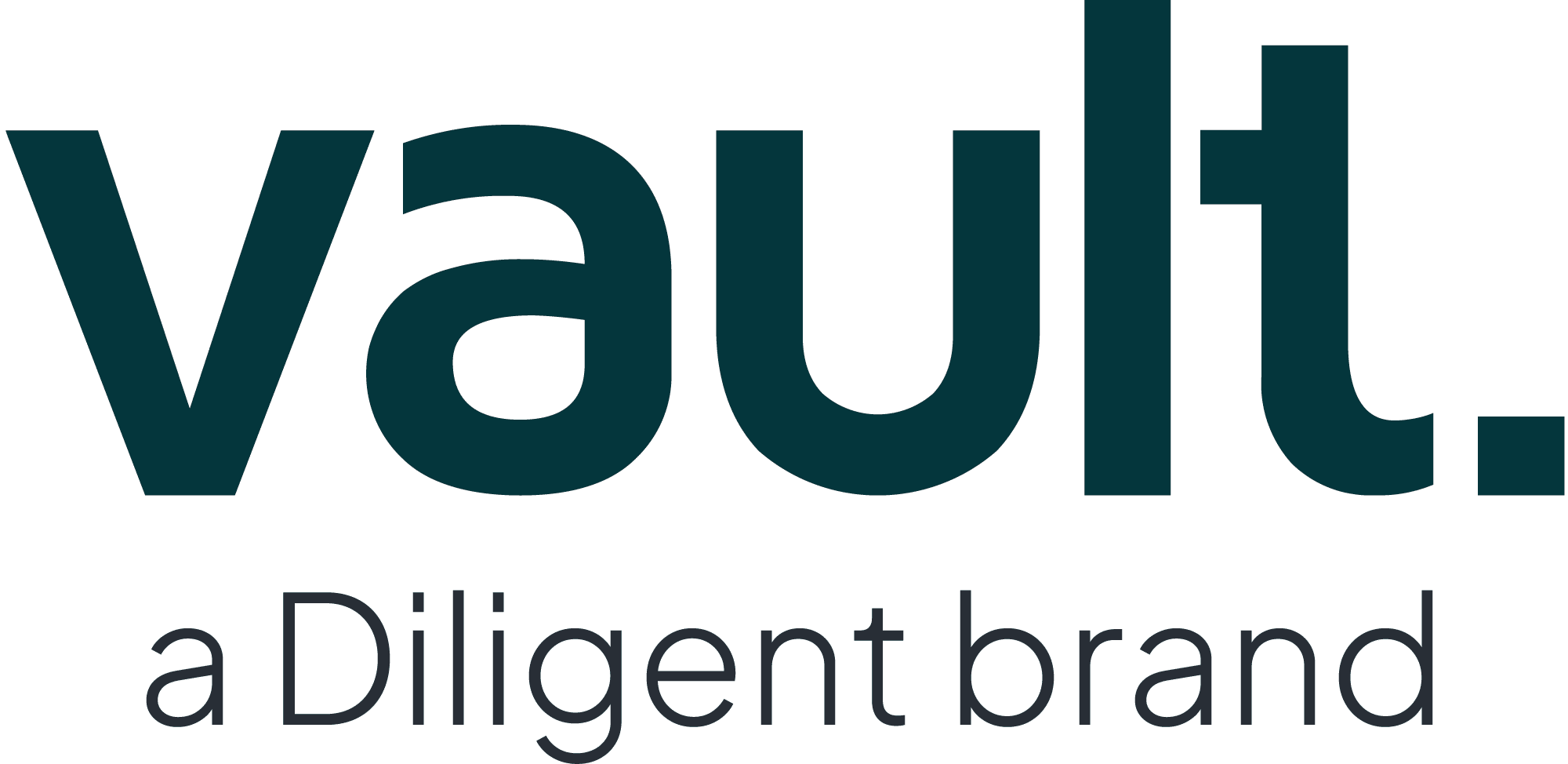On June 1, 2020, the United States Department of Justice (DOJ) updated its guidelines for Federal prosecutors, encouraging them to evaluate the effectiveness of corporate misconduct reporting tools and whether they are working actively and effectively.
These guidelines are used by DOJ prosecutors in investigating and determining whether a company had an “adequate and effective corporate compliance program” at the time of misconduct and will be used when deciding charges, negotiating pleas, and calculating fines.
The updated guidelines give companies less protection from passive, check-box compliance programs and favor proactive programs that are well communicated, and feature easily accessible reporting solutions that guarantee employees a place of safety.
According to the DOJ, a “hallmark of a well-designed compliance program is the existence of an efficient and trusted mechanism by which employees can anonymously or confidentially report allegations of a breach of the company’s code of conduct, company policies, or suspected or actual misconduct.”
Given that the two main reasons employees do not report misconduct are: lack of confidence action will be taken; and fear of retaliation, the DOJ will measures effectiveness of corporate misconduct reporting tools in three categories of questions:
- Is the corporation’s compliance program well designed?
- Is the program adequately resourced and empowered to function effectively?
- Does the corporation’s compliance program work in practice?
Find out whether you comply with Federal guidance by downloading our guide






